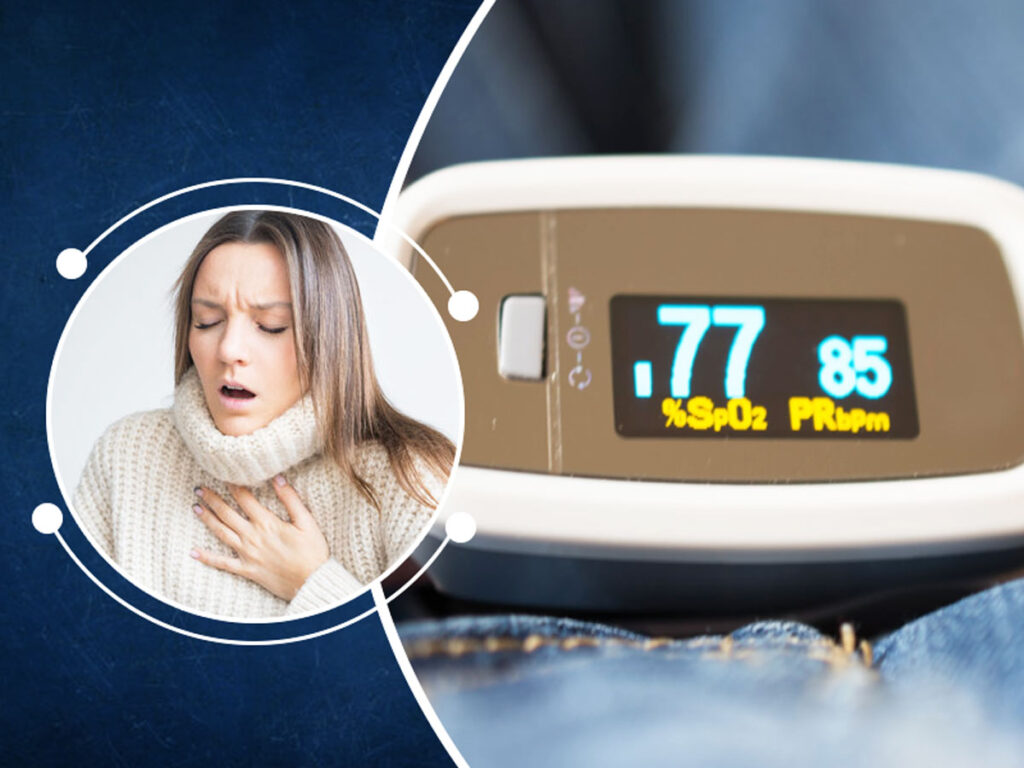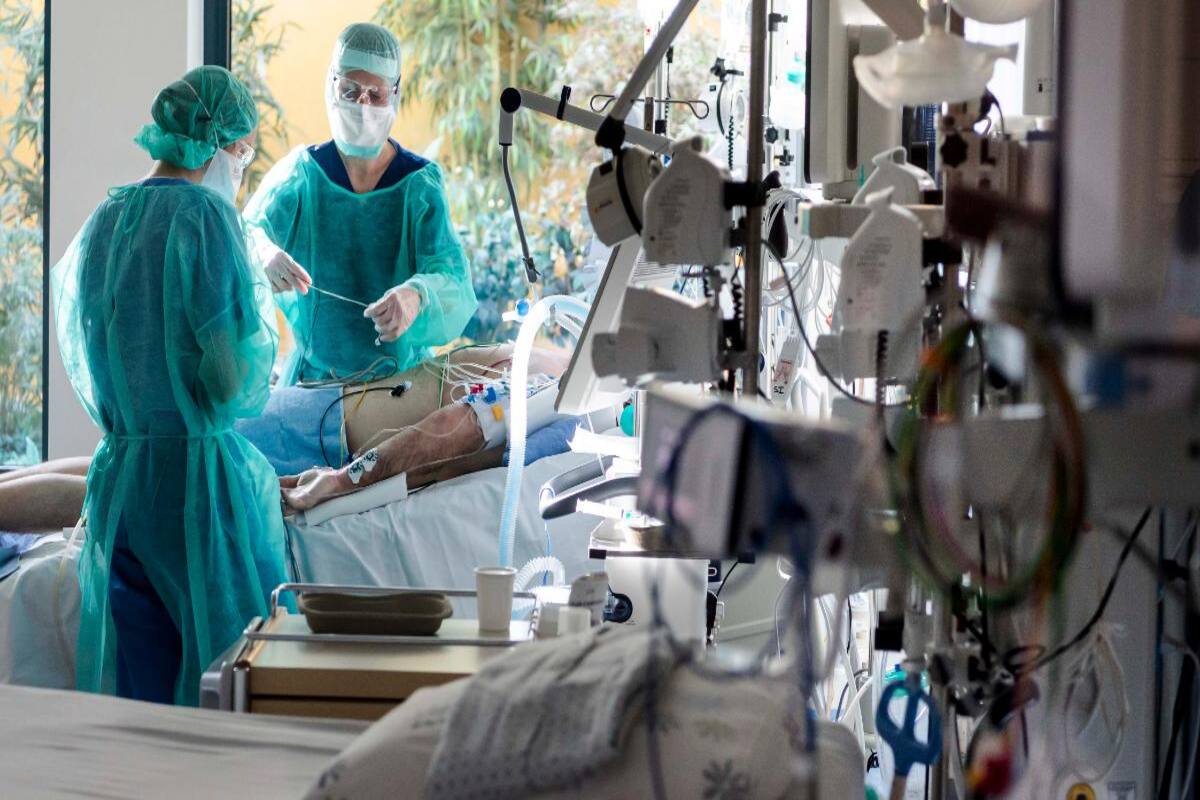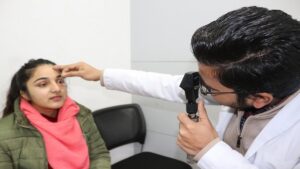
why oxygen is important to our body
At the element level, oxygen is a gas (at room temperature) that is colorless, odorless, and tasteless. Two oxygen atoms join to form a single oxygen molecule, hence the term O2. Why Oxygen is Important for Human.
For animals, breathing is the most important use of oxygen cylinder price, and in terms of physiology, our respiratory and circulatory systems carry oxygen to our cells and organs.

Why is oxygen essential?
Oxygen is essential for respiration because the body uses it to ‘burn’ food molecules. Animals take in oxygen when inhaling and give off carbon dioxide when exhaling.
Oxygen makes up almost 21% of the total gases in the air, with most of the remaining gas being physiologically inert nitrogen. Although we inhale 21% oxygen, a person’s exhaled breath contains about 16%.
This means that the human body only uses about one-quarter of the O2 inhaled, leaving sufficient available for rescue breaths. This is why rescue breathing works – it can supply a nonbreathing patient with enough oxygen to support life.
Role of Oxygen in the Human Body
Oxygen is essential for living beings because it sustains life on Earth. It is said that 90 percent of our biochemical and metabolic activities need oxygen. When we breathe, we take in oxygen and breathe out carbon dioxide. Oxygen is taken from the lungs through hemoglobin and travels to every cell in the body. It is also highly advised that we breathe through the nose as it has structures that clean and filter the air before it reaches your lungs. An adequate level of oxygen is required to live a life full of energy. If there is a fall in oxygen level, one can use oxygen cylinders to raise the level. Why Oxygen is Important for Human.
Why Your Body Needs Oxygen
Oxygen is all around us in the air we breathe, which is a good thing because we could not live without it. Oxygen is so vital that it will lead to death if we are deprived of it for only a short time. Why do we need oxygen, and how do our bodies acquire it? Let’s take a look.
Oxygen fuels our cells and helps provide the basic building blocks our bodies need to survive. Our cells combine oxygen with nitrogen and hydrogen to produce various proteins that build new cells. When oxygen is combined with carbon and hydrogen, you get carbohydrates that provide energy to our bodies that are necessary for us to do what we live. Oxygen is also necessary for constructing replacement cells for our bodies. Every day, about seven hundred billion cells in our bodies wear out and must be replaced. Without oxygen, our bodies cannot build these new cells.
Oxygen is also an essential part of our immune system. It is used to help kill bacteria and fuel the cells that make up our body’s defenses against viruses and other invaders. Air that has passed through (UV air sanitizers) is perfect for our body’s immune system, as it has been cleansed of bacteria and other agents before it enters our respiratory systems. This makes it easier for the body to access oxygen and keeps it from receiving a fresh influx of germs and particulate matter that comes into the body through contaminated air that has not been sanitized.
Cellular respiration:
- It is a metabolic process in the cells of organisms by which they use oxygen to break down glucose and produce ATP.
- It provides the chemical energy required for the functioning of cells.
Importance of oxygen in cellular respiration:
- Oxygen is required in cellular respiration in the electron transporter chain.
- It serves as the final electron acceptor of the electron transport chain, facilitating the movement of electrons down the chain hence producing the ATP or adenosine triphosphate.
- Oxygen combines with the electrons and the hydrogen ions to form water, a byproduct of the process.
Once air enters the lungs through the trachea and bronchial tubes, it is directed to tiny sacs called alveoli. There are more than six hundred million alveoli in an adult’s lung; in these alveoli. Oxygen passes from the air into the bloodstream. Tiny capillaries surround each sac, and the air passes over a membrane between the capillaries and the sac.
In respiration, carbon dioxide passes from the bloodstream into the alveoli. It is eventually directed out of the human body through the bronchial tubes to the trachea to the nose and mouth, where this air is exhaled. The human circulatory system then takes the oxygen throughout the body and brings carbon dioxide back to the lungs. The entire process is repeated with every breath that human beings take.
Air purification tools such as (room ionizers) help clean the air we breathe before it enters our bodies. But whether or not this air is scrubbed clean by ionizers or (UV air sanitizers). We still need the oxygen from the air to survive. In addition, it performs many vital functions in our bodies, so we must get a lot of fresh air every day.




